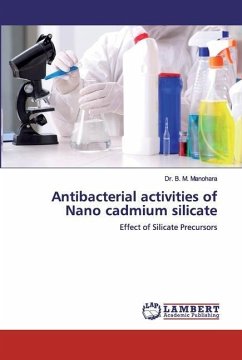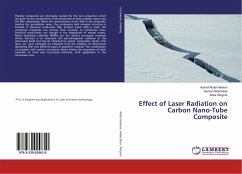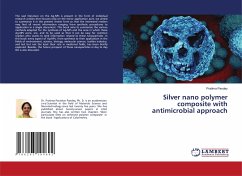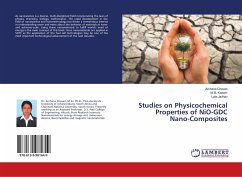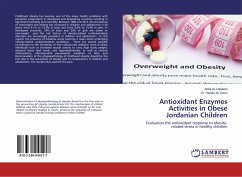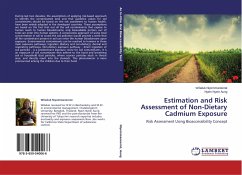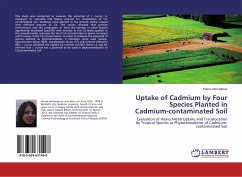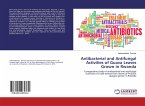Nanomaterials find wide applications because of their unique chemical, physical, electrical, magnetic, optical and mechanical properties and also their properties can be controlled by tuning its crystal structure, composition and particle size. Nanomaterials may have a number of potential advantages over traditional micron-sized phosphors.The low temperature solution combustion (LCS) method has been shown to be a quick and effective way to produce large quantities of nanophosphor materials while systematically varying the dopants and starting materials which enables more flexibility in material discovery than traditional crystal growth techniques. In addition, the far-from-thermodynamic equilibrium nature of the SCS technique is potentially capable of overcoming solid solubility and immiscibility constraints, thus yielding higher dopant concentrations than those achieved by the Czochralski technique and generating metastable phases. Generally, anti bacterials are used against bacteria and antifungals are used against fungi. They can also be classified according to their function.
Bitte wählen Sie Ihr Anliegen aus.
Rechnungen
Retourenschein anfordern
Bestellstatus
Storno

